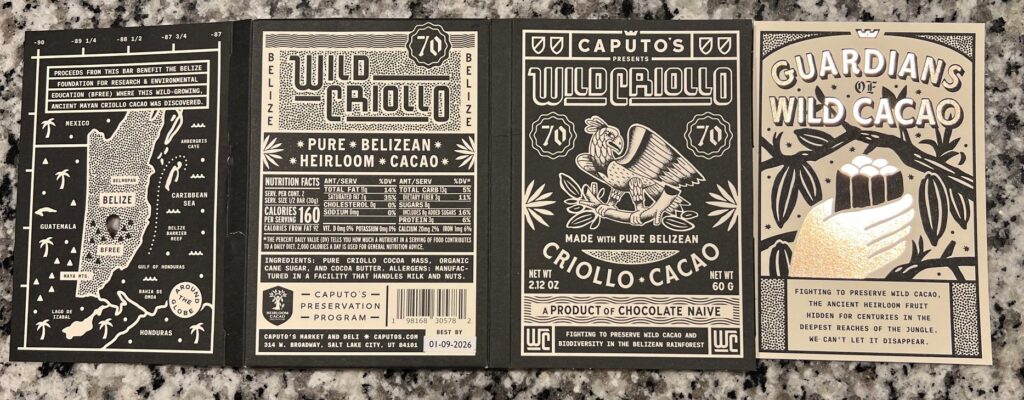Posts Tagged ‘cacao agroforestry’
A Tasty Collaboration
During May, Caputo’s did a limited release of 250 Wild Criollo bars as part of their Guardians of Wild Cacao chocolate bar series. The Collaboration from BFREE’s Perspective – by Jacob Marlin The first time BFREE made chocolate bars with our 100% wild Criollo cacao beans in any quantity was through a collaboration with the…
Read More#CantiCam documents wildlife in the cacao agroforest
For over two years, Head Park Ranger, Sipriano Canti, has managed a BFREE research project to document wildlife movements throughout the reserve. At all times, he has eight to twelve Panthera wildlife cameras strategically located to capture patterns and activities of mammals and sometimes birds. Canti has decades of experience with documenting wildlife using these…
Read MoreTesting sugar content in cacao
Cacao staff at BFREE are learning to harvest cacao pods when they are the sweetest. Last month, Elmer Tzalam and Mark Canti harvested cacao pods to test sugar content at different stages of ripeness. They carefully opened each pod one at a time. Then they scraped out several beans and place them in a mesh…
Read More

